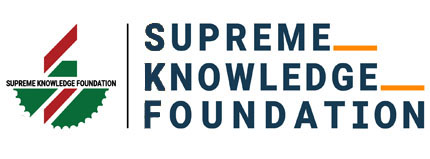Overview
Master of Optometry
Master of Optometry is a 2-year postgraduate course that involves the study of detection and treatment of common eye diseases, management of binocular vision problems such as squints and improper functioning of eyes. This program basically deals with the eye and the treatment processes for the different visual diseases and illnesses suffered by human beings.
This course basically focuses on academic areas dealing with low vision, vision therapy, advanced contact lenses, behavioral optometry, rehabilitation, binocular vision, neuro-optometric rehabilitation and vision therapy among other areas. Optometry is a satisfying career in medical courses in various ways. It is a dynamic and challenging career that offers self-awareness, work flexibility, community respect, money related achievement & unlimited opportunities. Optometry is a healthcare profession and optometrists are the primary healthcare practitioners of the eye and visual system. Optometrists perform functions which includes refraction and dispensing of eyewear and help in diagnosis and management of disease in the eye. They also provide support to rehabilitate people with low vision/ blindness. The course is a post graduate professional degree in Optometry, qualifies students to provide proficient diagnosis and vision care. As primary eye care practitioners, optometrists often are the front liners who can help detect potentially serious conditions such as diabetic Retinopathy, Age –related degerations. Optometrists work with Ophthalmologists and other as a team to diagnose visual problems. In the scenario if increasing myopia and other visual ailments, scope for optometry is only growing in the country.
This course basically focuses on academic areas dealing with low vision, vision therapy, advanced contact lenses, behavioral optometry, rehabilitation, binocular vision, neuro-optometric rehabilitation and vision therapy among other areas. Optometry is a satisfying career in medical courses in various ways. It is a dynamic and challenging career that offers self-awareness, work flexibility, community respect, money related achievement & unlimited opportunities. Optometry is a healthcare profession and optometrists are the primary healthcare practitioners of the eye and visual system. Optometrists perform functions which includes refraction and dispensing of eyewear and help in diagnosis and management of disease in the eye. They also provide support to rehabilitate people with low vision/ blindness. The course is a post graduate professional degree in Optometry, qualifies students to provide proficient diagnosis and vision care. As primary eye care practitioners, optometrists often are the front liners who can help detect potentially serious conditions such as diabetic Retinopathy, Age –related degerations. Optometrists work with Ophthalmologists and other as a team to diagnose visual problems. In the scenario if increasing myopia and other visual ailments, scope for optometry is only growing in the country.
Course Duration
2 Years
2 Years
Approved By
MAKAUT
MAKAUT
Eligibility
- B.Sc Optometry/B.Optom(full time) from a recognised University

